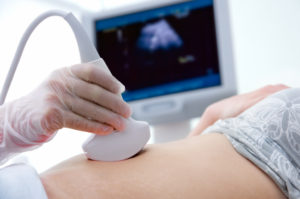The Proposed FY 2014 Pennsylvania State Budget: Part 1 of 7
The Big Picture
Last Tuesday, Pennsylvania Governor Tom Corbett unveiled his proposed state FY 2014 budget. Later that day, members of the Safety-Net Association of Pennsylvania (SNAP) received a comprehensive memo outlining the governor’s budget proposal with an emphasis on the issues that matter most to the state’s 61 private safety-net hospitals.
Over the next seven business days, SNAP will present the highlights of the governor’s budget, again with an emphasis on Medical Assistance and other matters of special interest to Pennsylvania’s safety-net hospitals.
The following is a schedule of the remaining six parts of this overview:

Today: the big picture underlying the proposed budget.
In this proposed budget, the Department of Public Welfare (DPW) projects a three percent increase in Medical Assistance enrollment and caseload in FY 2014. Overall, the DPW budget calls for $14.2 billion in total spending on Medical Assistance – a decrease of less than half a percent from the current fiscal year’s available funding.
While some of the proposed changes in the budget are spending decisions, others reflect a reduction in the state’s federal medical assistance percentage, or FMAP (the rate at which the federal government matches state Medicaid spending), which will fall from its current 54.28 percent to an estimated 53.52 percent during FY 2014. Consequently, in some cases, lower payments would reflect a reduced federal contribution rather than a state decision to reduce those payments.
The major themes of next year’s proposed Medical Assistance budget appear to be a continued state-wide expansion of the HealthChoices Medical Assistance managed care program and expanded access to community-based services for individuals with intellectual disabilities and the elderly.
The budget does not provide for the Medicaid expansion envisioned in the Affordable Care Act. Governor Corbett has conveyed to the federal government that he will not expand Medicaid eligibility at this time but his document states that such expansion will be the subject of further analysis and public discussion.
Tomorrow: The Major Medical Assistance Spending Categories




